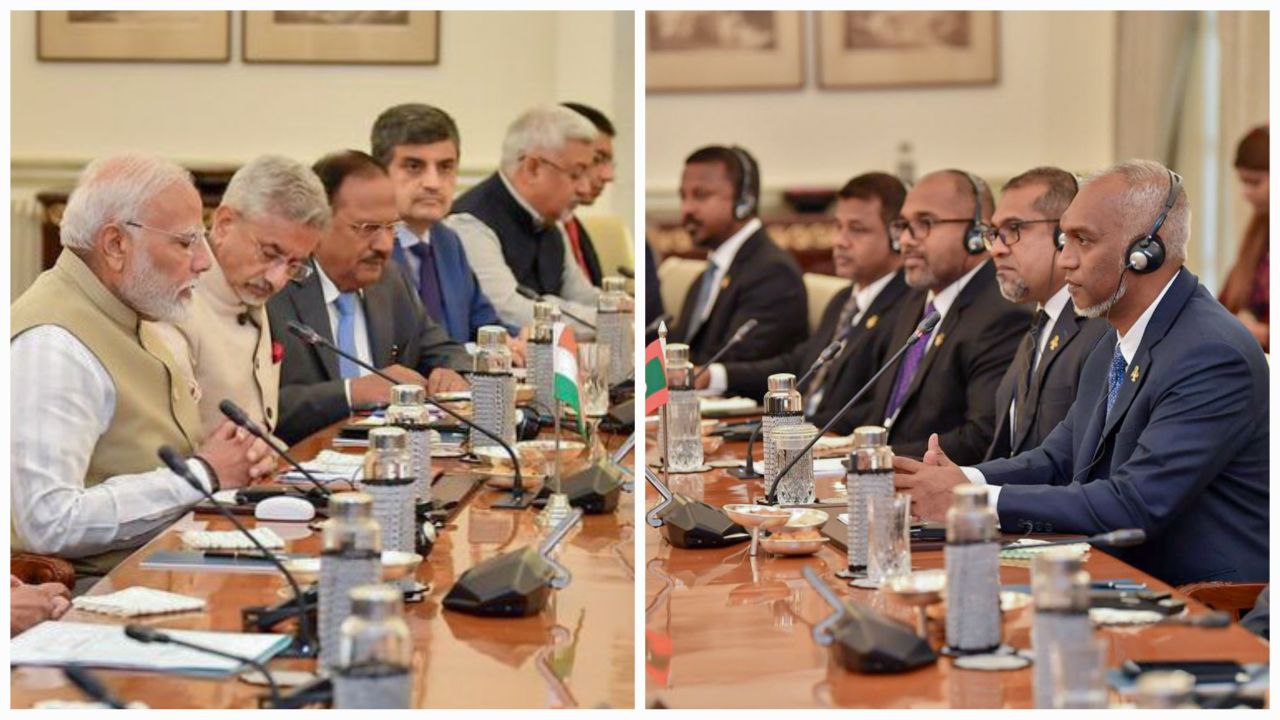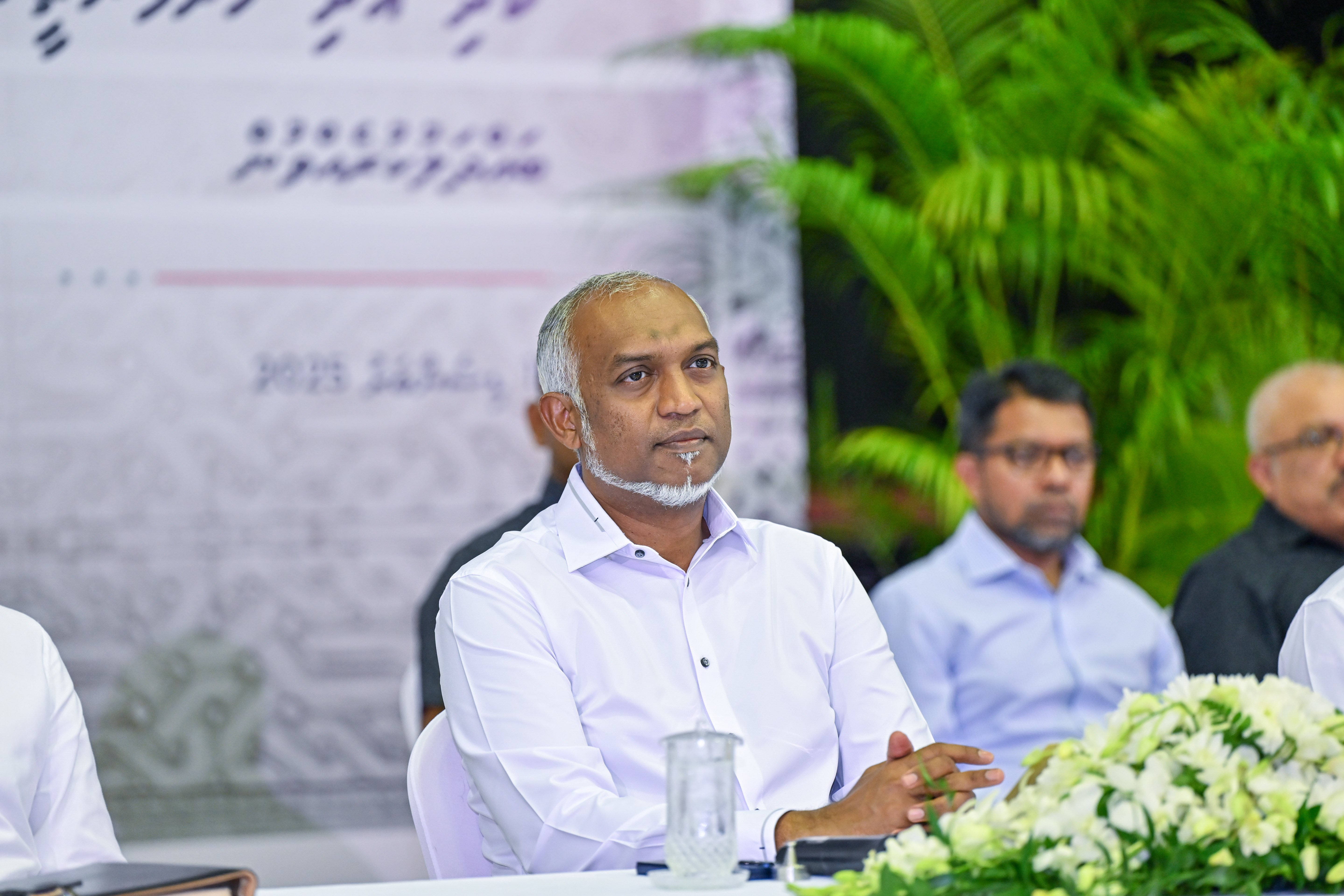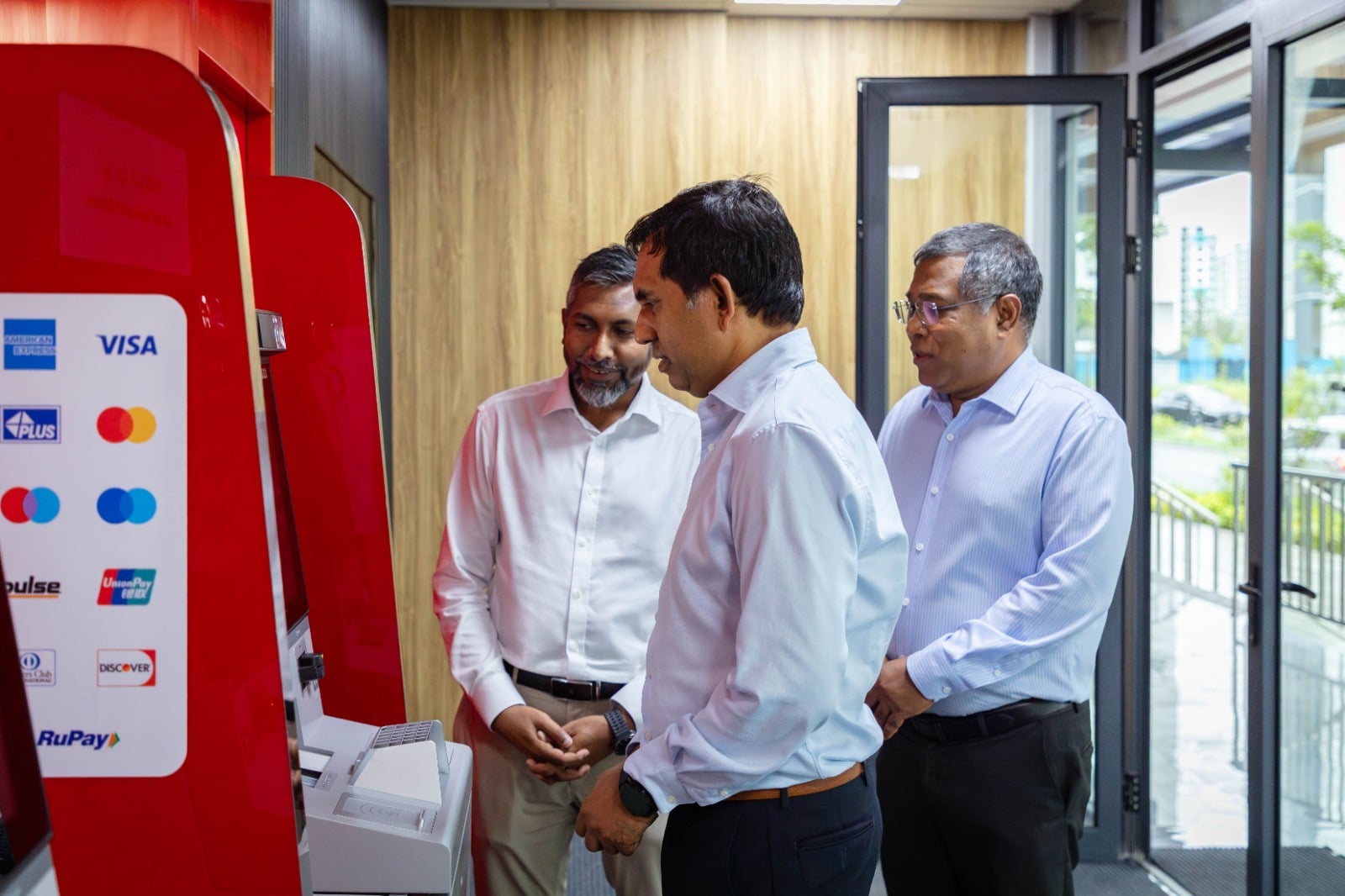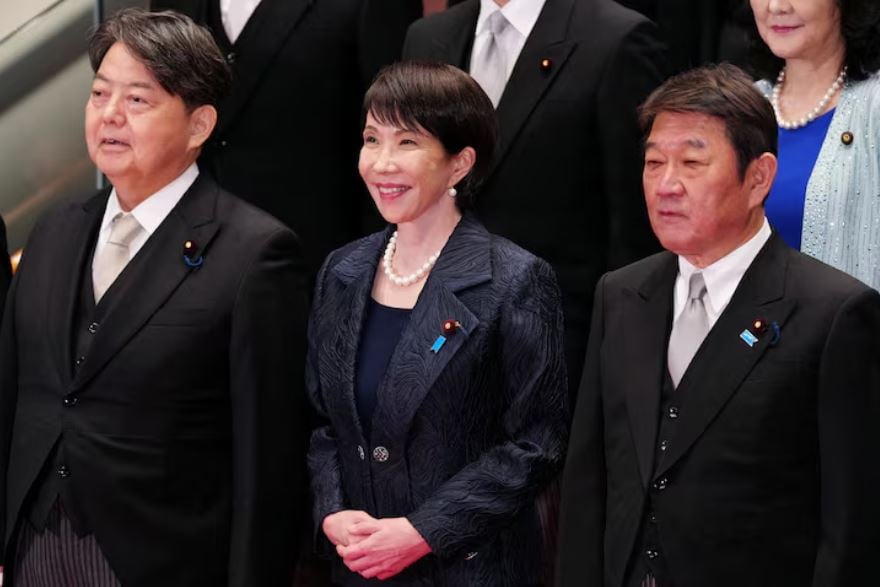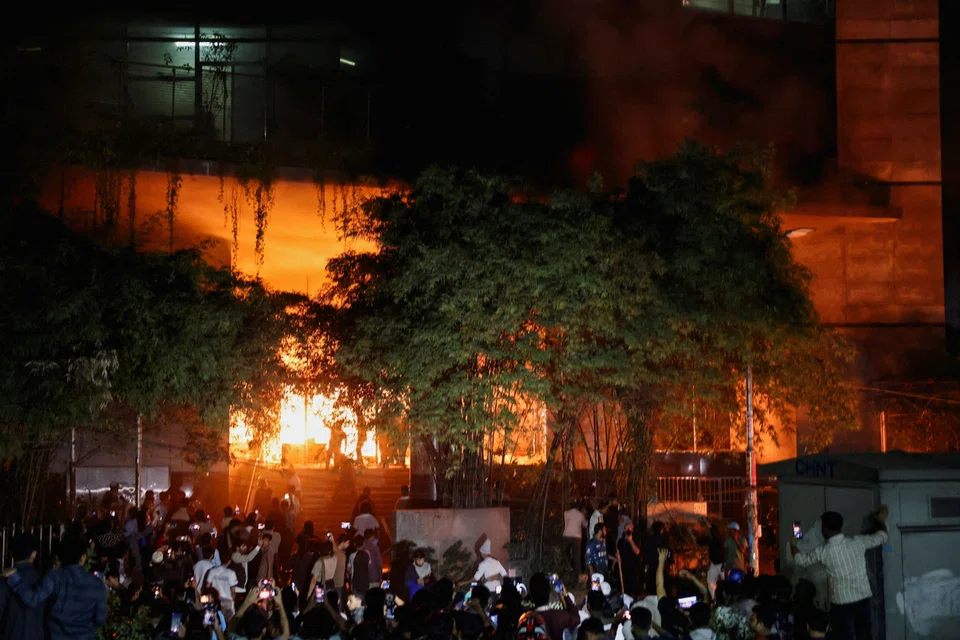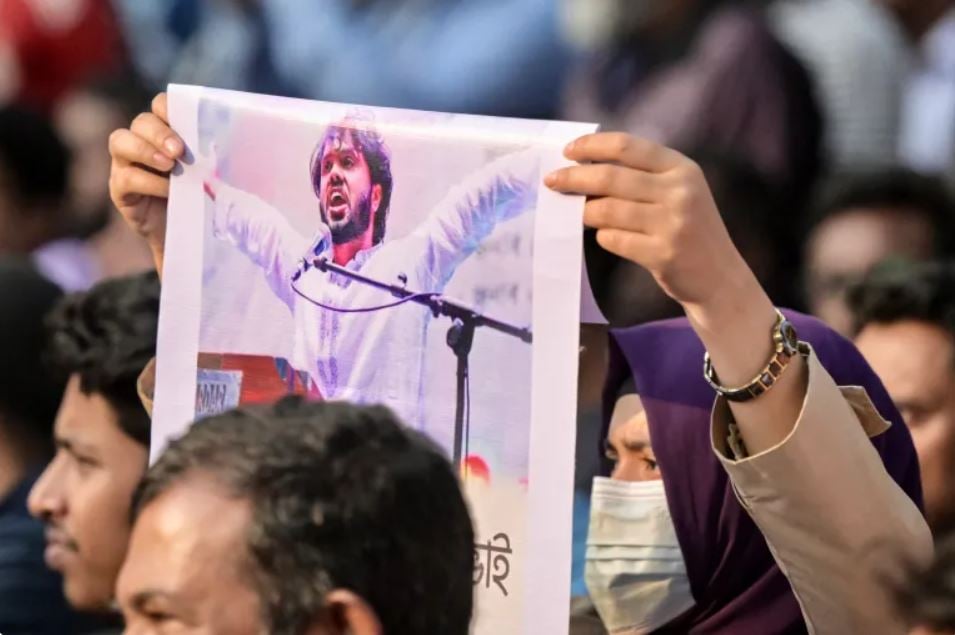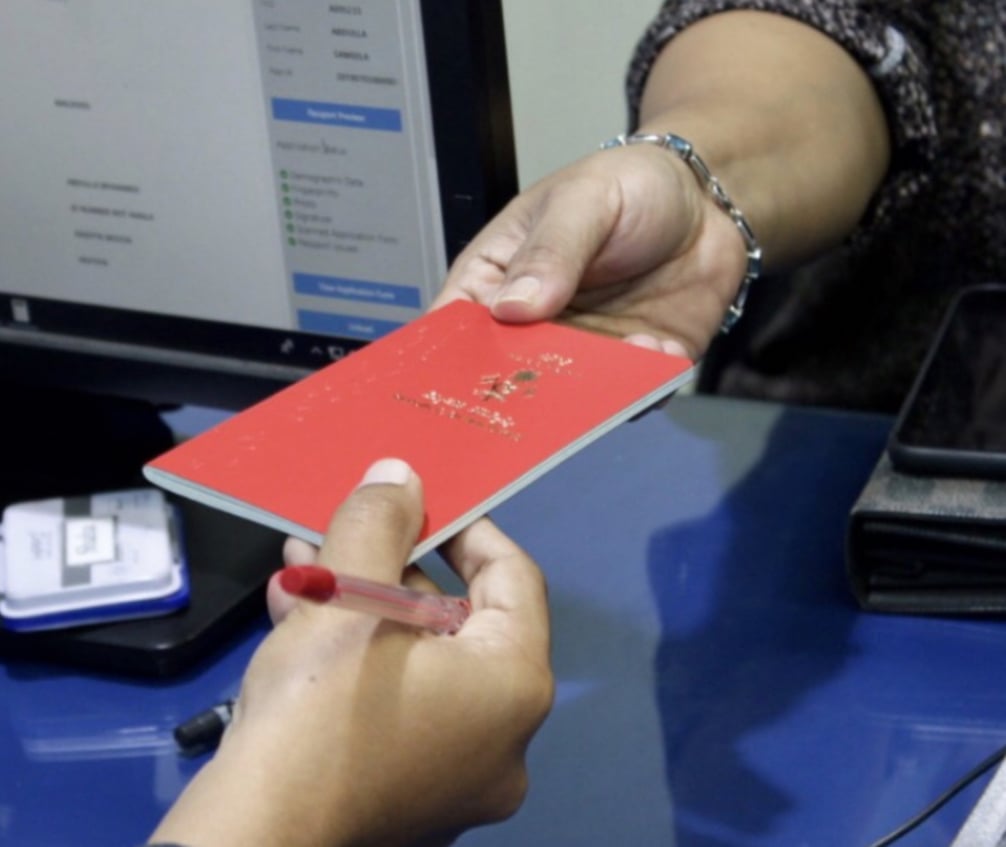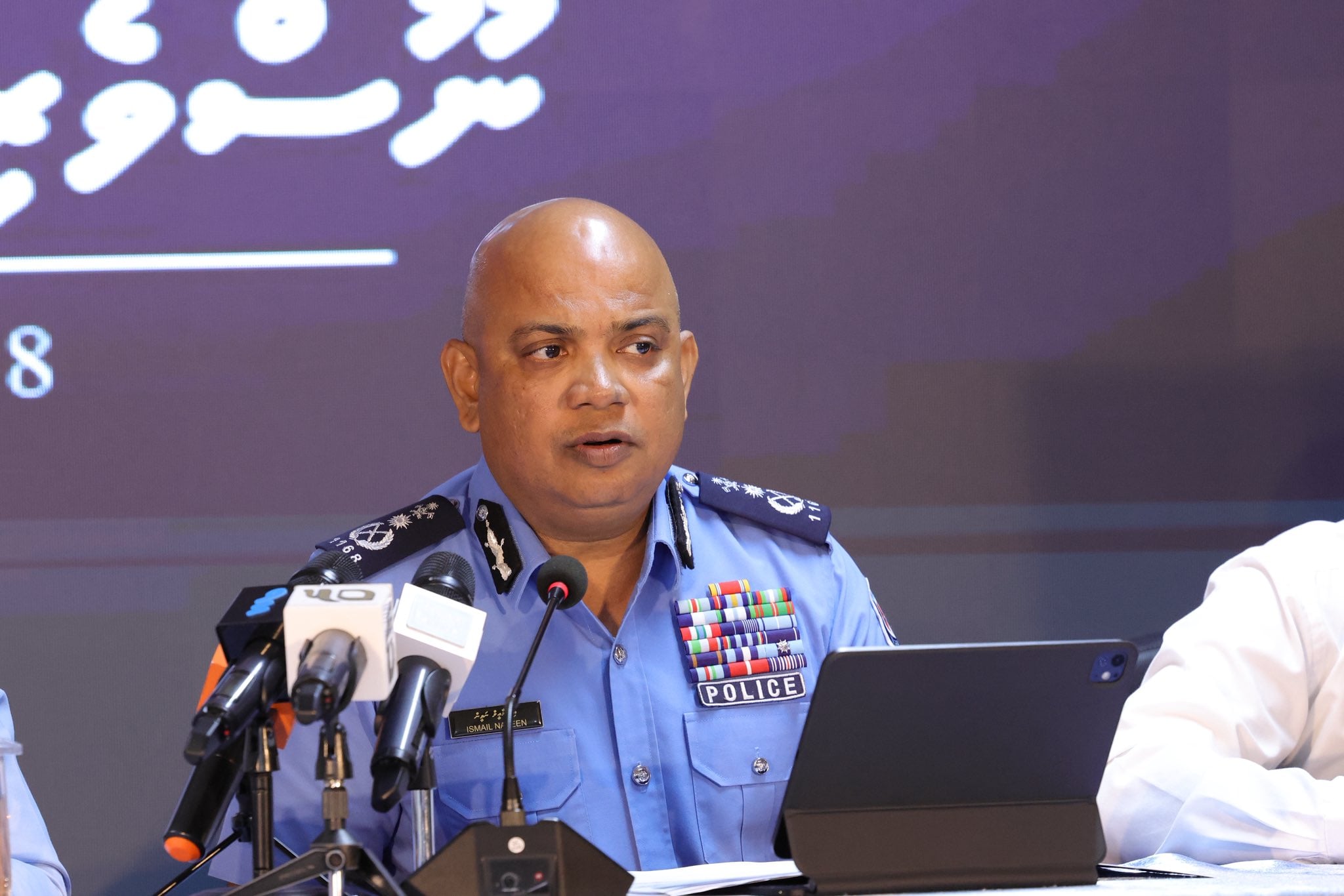President Dr. Mohamed Muizzu of the Maldives and Indian Prime Minister Narendra Modi engaged in high-level discussions today at Hyderabad House, New Delhi. The talks, held during President Muizzu’s state visit to India, centered on strengthening ties between the two nations across a broad range of sectors, from security and trade to climate change and regional cooperation.
Prime Minister Modi began by expressing appreciation for President Muizzu's participation in the swearing-in ceremony at Rashtrapati Bhavan in June, highlighting the significance of the event in the context of India’s "Neighbourhood First" policy. Modi reaffirmed that India places great importance on its relationships with neighboring countries, especially the Maldives.
President Muizzu, in turn, thanked India for its ongoing support, particularly during critical moments. He acknowledged India's role in providing financial assistance, including the rollover of USD 100 million in T-bills, and the extension of the special export quota for essential commodities to the Maldives. Muizzu expressed gratitude for India’s swift response to the Maldives' needs and its role as a key partner in the nation's economic stability.
A major focus of the talks was the Maldives' National Development Plan, a 20-year strategy aimed at transforming the country into a developed nation by 2040. President Muizzu sought India’s continued assistance in achieving this goal, emphasizing social housing, trade expansion, and tourism development as priority areas.
In response, Prime Minister Modi expressed India’s full support for the Maldives’ vision of becoming a developed country by 2040. Modi outlined India’s willingness to collaborate in key areas such as security, combating regional threats, climate change adaptation, and technological innovation. The two leaders also discussed joint initiatives in agriculture, fisheries, renewable energy, women’s empowerment, and maritime cooperation.
The talks reflect the growing cooperation between India and the Maldives, with both countries committed to exploring new opportunities for mutual growth and regional stability.
Prime Minister Modi began by expressing appreciation for President Muizzu's participation in the swearing-in ceremony at Rashtrapati Bhavan in June, highlighting the significance of the event in the context of India’s "Neighbourhood First" policy. Modi reaffirmed that India places great importance on its relationships with neighboring countries, especially the Maldives.
President Muizzu, in turn, thanked India for its ongoing support, particularly during critical moments. He acknowledged India's role in providing financial assistance, including the rollover of USD 100 million in T-bills, and the extension of the special export quota for essential commodities to the Maldives. Muizzu expressed gratitude for India’s swift response to the Maldives' needs and its role as a key partner in the nation's economic stability.
President His Excellency Dr @MMuizzu and Indian Prime Minister His Excellency @narendramodi held high-level talks between the two governments during his state visit. During the talks, both sides agreed to work together to strengthen the bilateral relations, highlighted on… pic.twitter.com/lfGfZAE2Mv
— The President's Office (@presidencymv) October 7, 2024
A major focus of the talks was the Maldives' National Development Plan, a 20-year strategy aimed at transforming the country into a developed nation by 2040. President Muizzu sought India’s continued assistance in achieving this goal, emphasizing social housing, trade expansion, and tourism development as priority areas.
In response, Prime Minister Modi expressed India’s full support for the Maldives’ vision of becoming a developed country by 2040. Modi outlined India’s willingness to collaborate in key areas such as security, combating regional threats, climate change adaptation, and technological innovation. The two leaders also discussed joint initiatives in agriculture, fisheries, renewable energy, women’s empowerment, and maritime cooperation.
The talks reflect the growing cooperation between India and the Maldives, with both countries committed to exploring new opportunities for mutual growth and regional stability.





